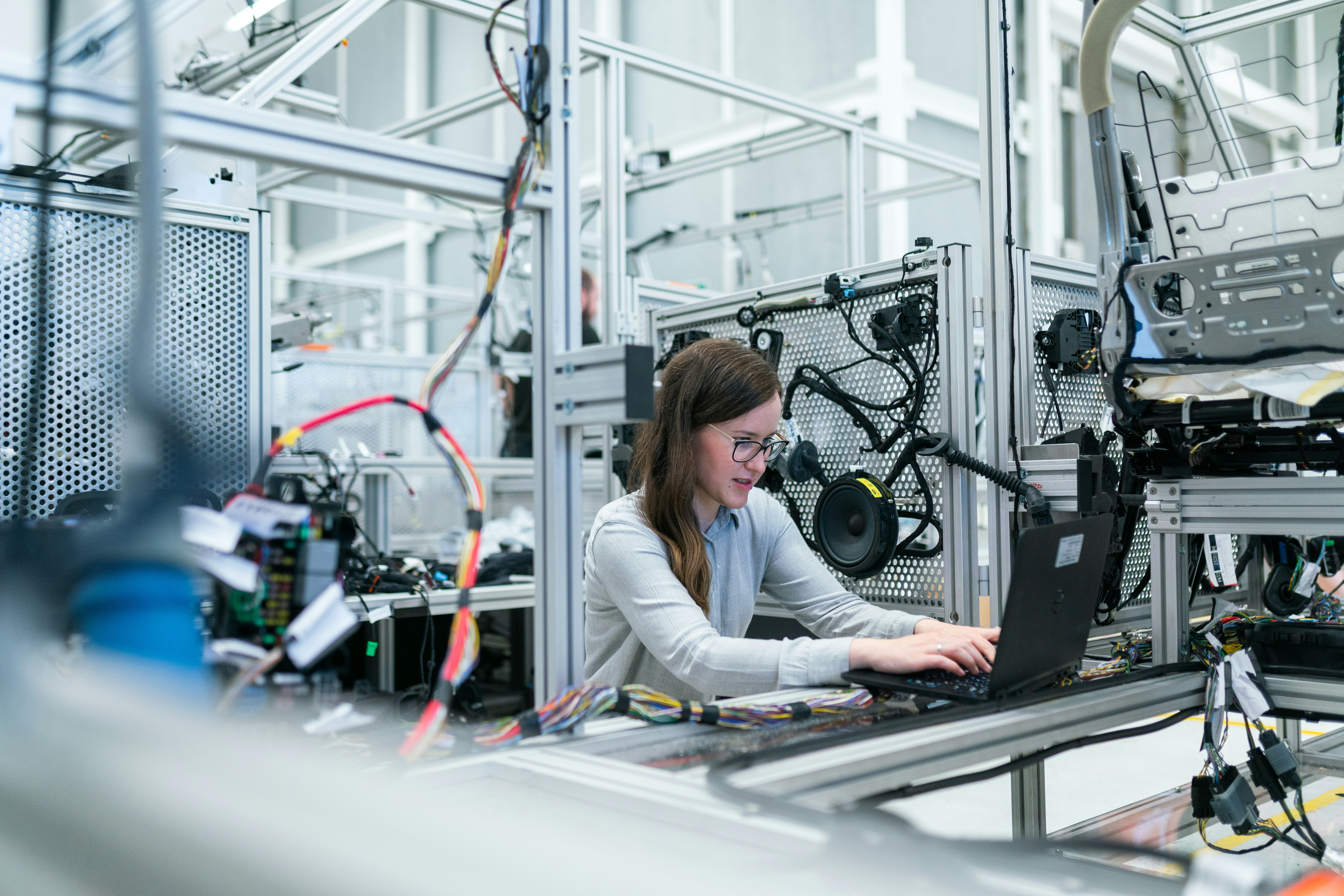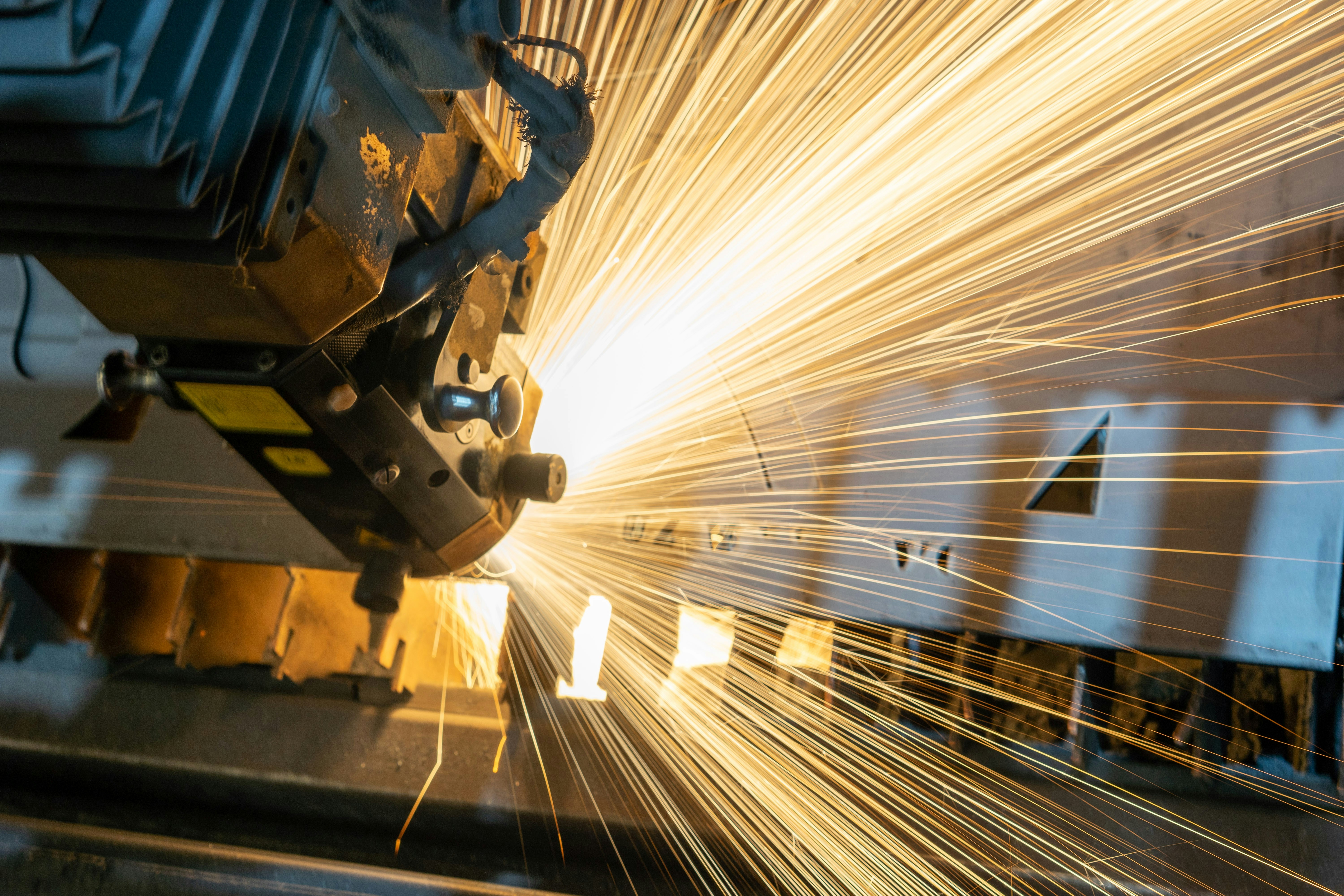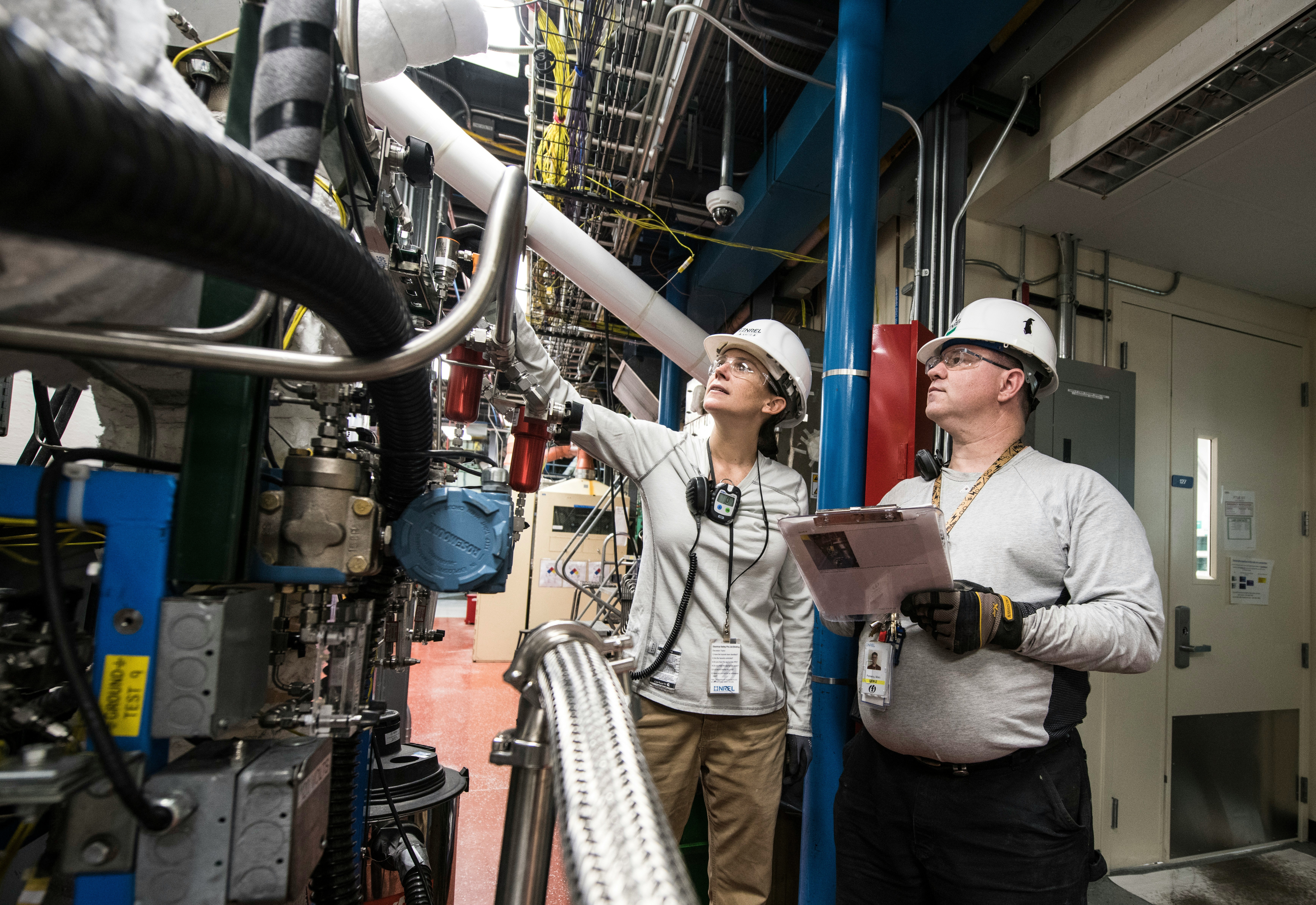Since the 1800s, history has been witness to three industrial revolutions. Each of these industrial movements has been driven by disruptive new technology. The mechanics of the steam engine, the innovation of the assembly line, and the speed of the computer have all brought about modernization and drastic changes to the industry. The reason they were called industrial “revolutions” was that the innovation that powered them completely revolutionized how goods were produced and how work was done. They didn’t just improve productivity and efficiency slightly. We are now witnessing a fourth Industrial Revolution that is known as Industry 4.0. This new wave of innovation takes the automation and computerization from the third industrial revolution into the future.
Industry 4.0 is driven by the Industrial Internet of Things (IIoT) and cyber-physical systems. They are smart, autonomous systems that utilize computer-based algorithms to monitor and control things like machinery, robots, and vehicles. Industry 4.0 makes everything in the supply chain “smart.” This is everything from creating things from smart manufacturing and factories to smart warehousing and logistics. But changes to the supply chain are only the beginning of the impacts being felt by the Industry 4.0 movement. This movement is also making connections with back-end systems, like enterprise resource planning, to give companies an unparalleled level of visibility and control. Ultimately, Industry 4.0 is a major part of any company’s digital transformation. Let’s take a look at the implications of Industry 4.0 if businesses are ready to embrace it.
Collaborative Technology

Industry 4.0 is built around nine areas of technology. Data and AI analytics, horizontal and vertical integration, cloud computing, augmented reality, industrial internet of things, additive manufacturing and 3D printing, autonomous robots, simulation, and cybersecurity are the pillars of this new industrial revolution. These innovations bridge the physical and digital workplace and make smart and autonomous systems a reality. Businesses and supply chains already use some of these advanced technologies, but the full potential of Industry 4.0 comes to life when they’re used together.
It is estimated that only about 13% of businesses have fully realized the impacts of their industry 4.0 investments, enabling them to achieve cost savings and create growth. Companies that aren’t taking advantage of the optimal mix of technologies are missing out on billions in profits. The implications of this collaboration of technologies can change the manufacturing sector forever.
Smart Products
Industry 4.0 advancements will develop connected, self-aware products that are capable of sharing information about their health, location, usage level, storage conditions, and more. Taking products to this next level could completely change the business model for the manufacturing industry. The data that these smart products send can help businesses improve everything from product quality and customer service to logistics and research and development. They can also predict service needs, receive remote upgrades, and open the door to a new, service-based business.
Smart Factories

Smart factories could change the future of manufacturing. Industry 4.0 can create highly digitized, largely autonomous facilities that take full advantage of advanced communication technologies like artificial intelligence, robotics, analytics, and IoT. Also known as factory 4.0, these smart factories of an industry can be self-correcting, apply smart manufacturing processes, and make it possible to deliver customized products cost-efficiently and at scale.
Intelligent Assets
Most physical assets used today have built-in sensors to send and receive information and make the assets smart. When connected to the internet of things and analytics, these smart assets could be game-changers for enterprise asset management. With intelligent assets, specialists can monitor asset performance in real-time, anticipate and prevent downtime, employ dynamic and predictive maintenance, take advantage of digital twins, and tightly integrate assets and business processes. These intelligent assets are going beyond standard manufacturing equipment by employing a higher level of innovation, technology, and communication.
Empowered People

No matter how autonomous smart factories and systems get, there will always be a need for people. Industry 4.0 can empower employees with technologies like artificial intelligence and live sensor data. Being well-versed in these new technologies will ensure that they know what’s happening on the manufacturing plant floor and are also ready to make quick decisions to handle issues as they arise. Wearable technology and augmented reality apps will help them solve problems, monitor their health, and keep them safe.
To help you get started, with an Industry 4.0 upgrade, you can head over to Top 5 Trusted to check out reviews and information on a host of technology options. Choosing the right technology to innovate your business will be the key to capitalizing on the fourth industrial revolution that is sweeping the globe.




